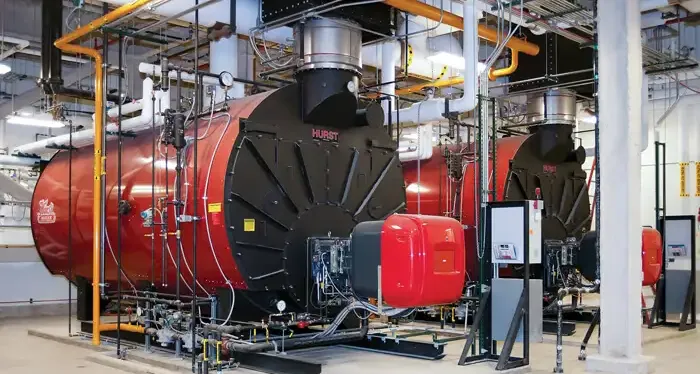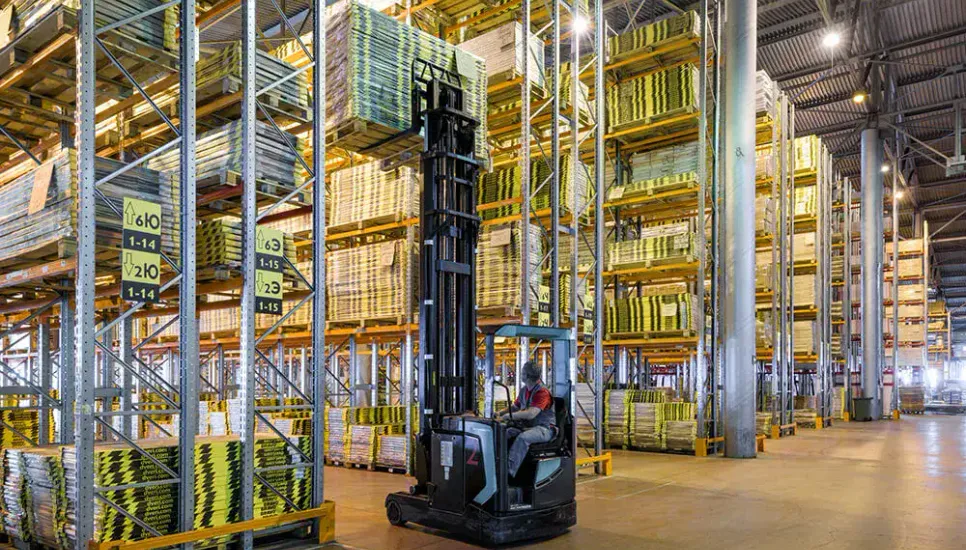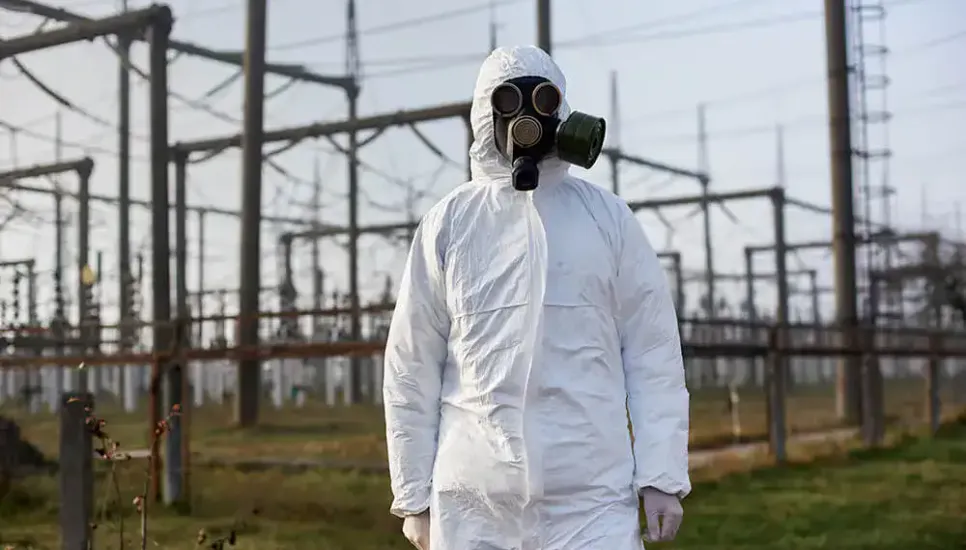Introduction
Although seemingly easy to operate, marine boilers pose a series of occupational hazards for those who come in contact with them. Mistakes in the maintenance or operation of boiler systems can lead to severe injury and even death. Most of these accidents are shown to be the result of operator error, which means that appropriate safety training can help diminish the risks significantly.Potential Hazards
Some of the most common risks in boiler operations include:
Burns.
High-temperature oil, steam, or water can escape from high-pressure chambers or the pipework of an interconnecting system that has been improperly locked out. Depending on the percentage of the body that is affected, burns can range from manageable to highly serious and even lethal.Explosions and Noxious Vapors.
Explosions may occur from the unwanted accumulation of hydrogen gas during acid cleaning processes. Other flammable and/or combustible cleaning solvents can be just as dangerous, as the vapors given off by all of these substances are highly toxic.Asbestos.
Due to its insulation properties, asbestos was frequently used in the make-up of certain boiler systems, the rooms that contain them, as well as marine-related piping systems. Asbestos dust is highly toxic when inhaled, which means anybody who comes in contact with it while unprotected will likely face serious adverse reactions. Although the substance is rarely used in newly built ships, workers who must operate boilers on older vessels continue to be at risk.Maintenance Accidents.
A great number of accidents take place during maintenance times when the ship is docked. Isolating chambers and ensuring that the entire valve system is shut-off is not an easy operation, which is why any inadvertence can ultimately mean that employees are exposed to high-temperature steam, oil, or water.
Incident Prevention
In the case of boiler operation and maintenance, a strict number of safety protocols must be followed for the sake of the equipment, as well as for employees’ health. Operating procedures are not always straightforward, which is why a marine engineer will almost always be on site.
Even when working with dead boilers, adjacent live ones might still be connected to them through various auxiliary systems. In some instances, a visual inspection will also be required, such as in the case of draining. Stretches of pipework will often be covered in custom cut half-rounds, which contain asbestos. Furthermore, asbestos-containing materials may be used when loose insulation is spotted or small cracks are fixed.
To account for the full range of hazards that may occur during boiler operation, it is paramount for all employees to receive complete safety training. Once they are familiar with the dangers associated with different tasks, workers may begin to assess risks and avoid the latter.
Recommended Safety Courses
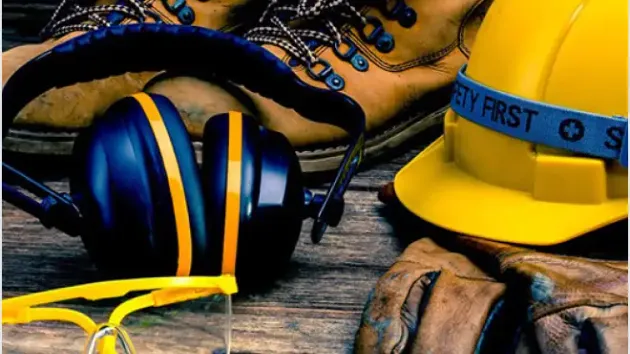

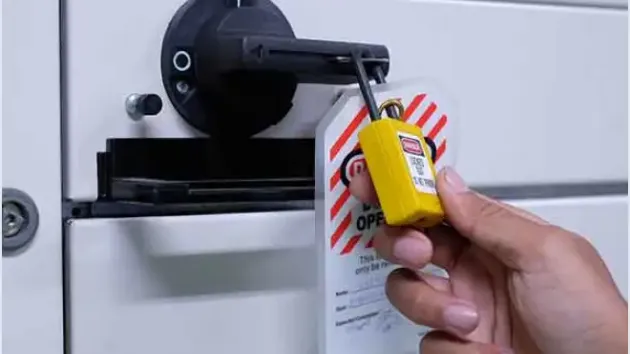
What You Can Do to Stay Safe
Because workplace safety is so important, Canadian laws mandate that employers offer the necessary protective equipment and safety training to their workers. In turn, the workers are required to undergo the courses and applying what they have learned in their day-to-day activities. The best way to deal with occupational accidents is to prevent them from occurring in the first place.
There are several jobs where knowledge of boiler operation safety might be required. These include:
- Chemist, pipeline technician, petroleum or mining engineer in the Oil & Gas industry.
- Technician in installation and/or maintenance, but also engineers in the Energy & Electricity industry.
To consult a complete list of safety courses for either of these positions, please visit the corresponding industry page.
